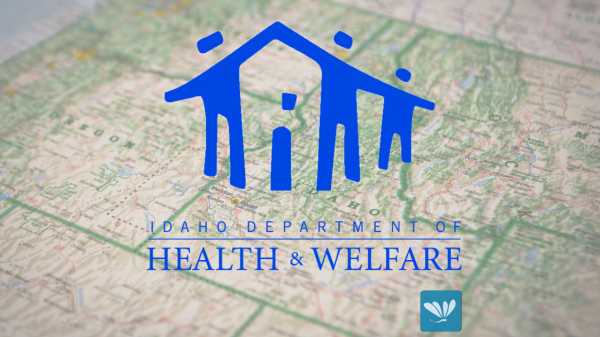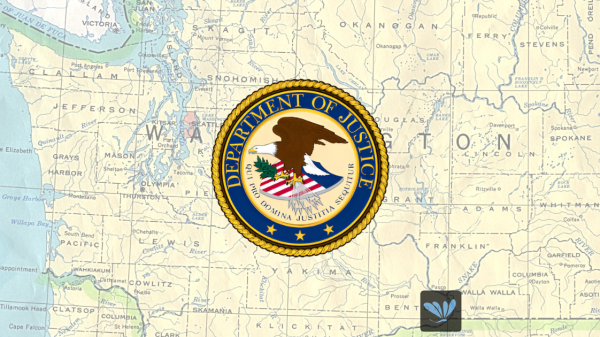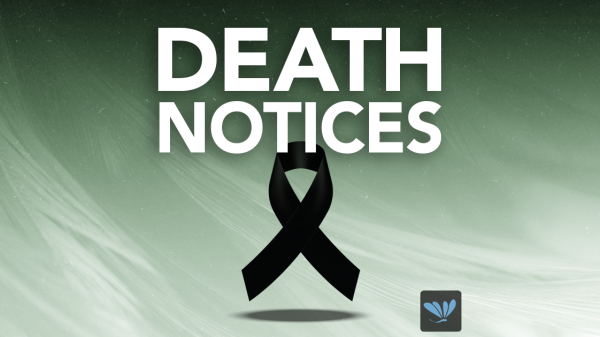LEWISTON – A Nez Perce County man older than 65 years of age is Idaho’s first reported influenza-related death of the 2022-2023 season.
Flu seasons vary from year to year in their timing and duration. Over the previous five influenza seasons in Idaho, the first influenza-related death had occurred in the first week of November. However, the date has ranged from late September to late December. Idaho averages 45 reported influenza-related deaths each year for the last five seasons, with most reported deaths among people over 65 years of age.
“The Department of Health and Welfare is reminding residents that flu can be very serious,” said Idaho Influenza Surveillance Coordinator Dr. Leslie Tengelsen. “Influenza activity is on the rise in Idaho and across the country, with the highest nationwide activity currently being seen in eastern and southeastern states”
Three respiratory viruses are in circulation right now: influenza, SARS-CoV-2 (the virus that causes COVID-19), and Respiratory Syncytial Virus (RSV). The potential for elevated respiratory infections due to co-circulation of these viruses has been referred to as the “triple threat” or “tripledemic” in the media in recent weeks. As families gather over the holidays, Tengelsen reminds Idahoans that “very important prevention measures to reduce serious respiratory illness are to get your annual influenza vaccine and stay up to date on your COVID-19 boosters.”
Everyone over six months of age should get an annual influenza vaccine and be up to date on COVID-19 vaccinations. Getting the influenza vaccine every year is especially important for people at higher risk for serious flu-related complications, including people with chronic health conditions, pregnant women, young children, and anyone 65 years of age or older. Healthy people should be vaccinated to protect vulnerable populations, such as elderly people and people who live in long-term care facilities, where they could be exposed to influenza by family and friends.
Talk to your healthcare provider or pharmacist to determine which vaccines are best for you.
Symptoms of the flu include fever, cough, sore throat, runny nose, body aches, headache, chills, or fatigue. Although most people who get the flu recover after a few days, some people can have serious complications and even die.
In addition to getting vaccinated against flu and COVID-19, Idahoans can take other actions to prevent the spread of respiratory diseases:
- Wear a mask and physically distance yourself whenever you are in public.
- Wash your hands frequently or use hand sanitizer. Avoid touching your eyes, nose, and mouth until you have washed your hands.
- Get plenty of rest, drink plenty of liquids, eat nutritious foods, and take part in physical activity to stay healthy.
- Avoid people who appear sick.
- Stay home from work or school when sick.
- Cover your coughs and sneezes.
Resources:
- Idaho influenza website:http://flu.idaho.gov
- CDC Influenza website: https://www.cdc.gov/flu/index.htm
- 2022-2023 ACIP “Prevention and Control of Seasonal Influenza with Vaccines: Recommendations of the Advisory Committee on Immunization Practices-United States, 2022-23 Influenza Season” https://www.cdc.gov/vaccines/hcp/acip-recs/vacc-specific/flu.html










































